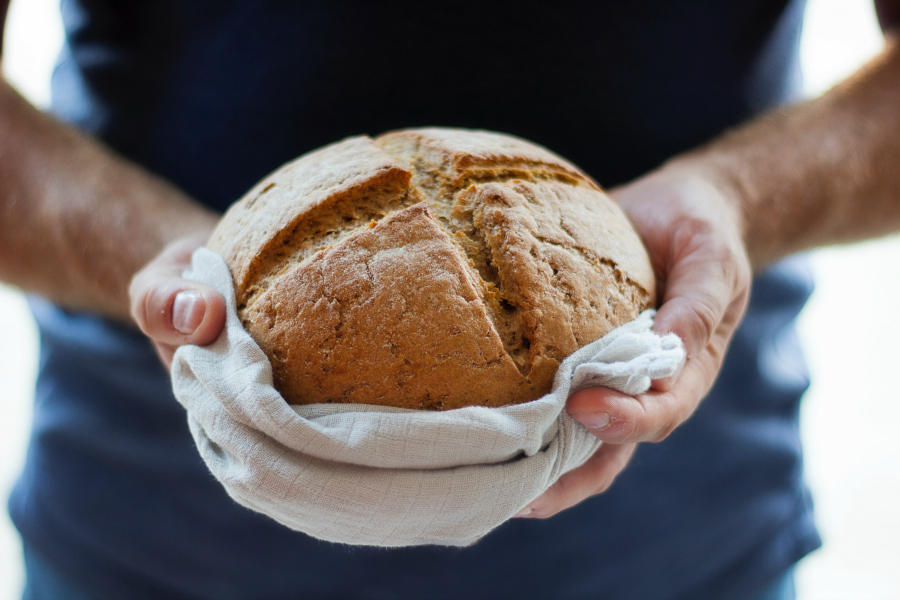If you suffer from celiac disease or you’re gluten-intolerant, you may have reason to be, if not overjoyed, at least cautiously optimistic about adding bread back into your diet. That’s because an Italian research study we found indicates that the fermentation process involved in making sourdough may make it digestible even for those with celiac disease.
Emphasis on may. Of course we strongly advise anyone with celiac disease to consult with your doctor before grabbing that slice of toast — and certainly make absolutely sure the bread you try is genuine sourdough and not just flavored to taste like it.)
Related: On-the-go gluten-free snacks: 5 exciting ideas
That said, there’s still a lot to be hopeful about this study from the University of Naples’ Department of Pediatrics and European Laboratory for the Study of Food Induced Diseases. Like the fact that gluten-free participants in this randomized controlled study ate sourdough bread for 60 days in a row without experiencing gastrointestinal distress or other symptoms usually associated with eating bread.
Whoa!
The researchers’ conclusions is that the the fermentation breaks down the gluten in the bread so that our bodies don’t have to do that job, and that this process is actually what helped early human beings start eating grains in the first place. Which could mean that real sourdough might be easier for all of us to digest, gluten issues or not.
Here’s hoping we can all one day break (sourdough) bread with our celiac friends. Because, yum.
Top image: Kate Remmer via Unsplash






